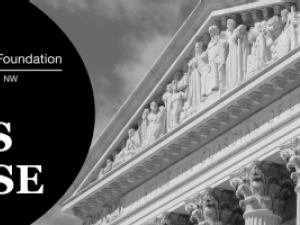The resolution of the long-standing cross-border trucking dispute should give an additional boost to Mexican manufacturers, who have been fighting to increase their market share in the United States.
"If you take into consideration that Mexico's manufacturing costs are at least 25 percent lower than in the U.S., this is going to be a very strong competitive advantage," Ferrari told Reuters in an interview.
Mexican manufacturers have been in a fierce battle with Chinese exporters to gain market share in the U.S.
The first trucks to cross the border will come from companies that have already applied to participate in an inspection and monitoring program signed by U.S. President Barack Obama and Mexican President Felipe Calderon in July.
Other companies willing to join the program have to go through a certification process that lasts about 18 months, the minister said.
Potential savings from the program could total $675 million per year, considering that limitations to the free transit of Mexican trucks have added $150 in additional costs to each of their 4.5 million annual trips to the United States, Ferrari said.
As soon as the first trucks enter U.S. territory, Mexico will eliminate 50 percent of the retaliatory tariffs imposed on U.S. goods, causing about $2 billion in commercial losses to the United States.
"We reserve our right to retaliate on that if the program stops for a reason in the future," Ferrari said.
Ferrari also said the government maintained its forecasts for foreign direct investment (FDI) next year despite the uncertainty stemming from the European sovereign debt crisis and drug-related violence in Mexico.
The government is maintaining its expectations of about $19 billion to $21 billion in FDI for 2012, compared with this year's estimated $18 billion to $20 billion, Ferrari said.
"It's quite challenging, especially when there is a crisis, but what I can tell you is that so far we haven't seen any slowdown in foreign direct investment." (Reuters)









